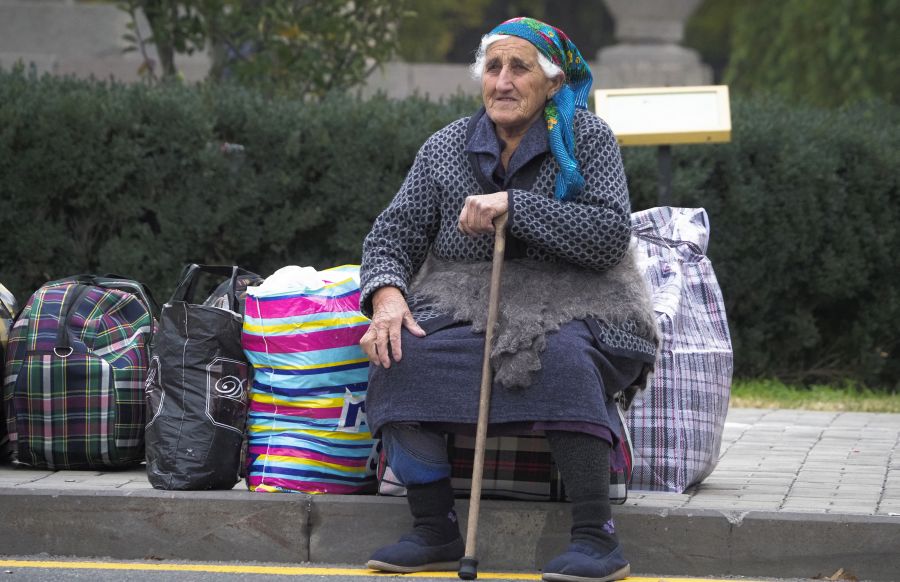Russia and Karabakh: A Diplomatic Triumph and Dubious Victory
Ever since the oft-violated cease-fire accord of 1994, Russian interests have defined the art of the possible in Karabakh. Whether Russia connived in conflicts, acquiesced in them or prevented them, the protagonists understood that it would be their ultimate arbiter. Even Russia’s titular partners in the OSCE Minsk Group — perhaps the sole format of post-Cold War cooperation to preserve its relevance — never challenged its standing as first amongst equals. Whatever its ups and downs, this was a closed game.
Read more

















